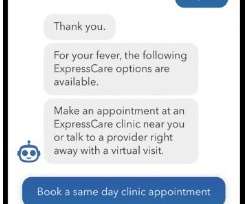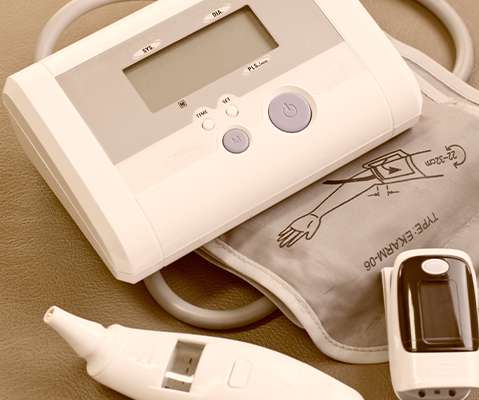Most Health Consumers Expect Technology To Play a Larger Role As Tech-Angst & Privacy Concerns Grow
Health Populi
NOVEMBER 18, 2019
We know web-search for health information — seeking advice on symptoms, prescription drugs, or diagnoses — has been a mainstream behavior for most consumers for several years. Health Populi’s Hot Points: Consumers getting more “angsty” about privacy, and this extends to health data.
















Let's personalize your content